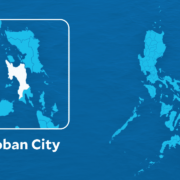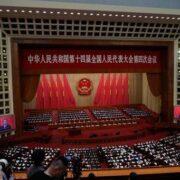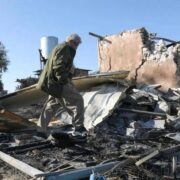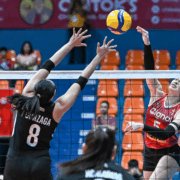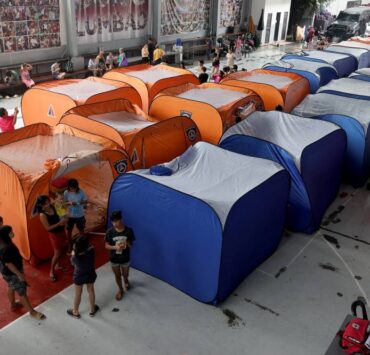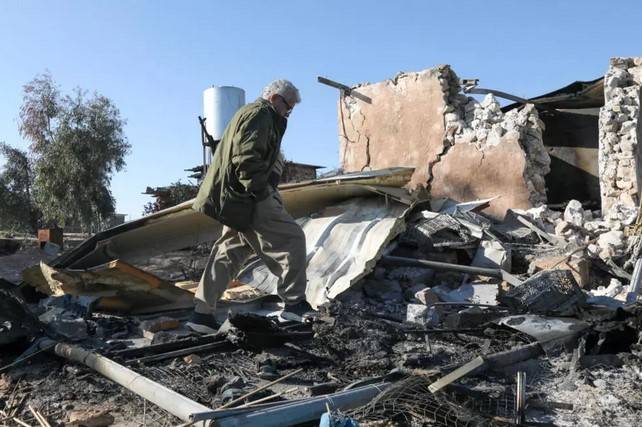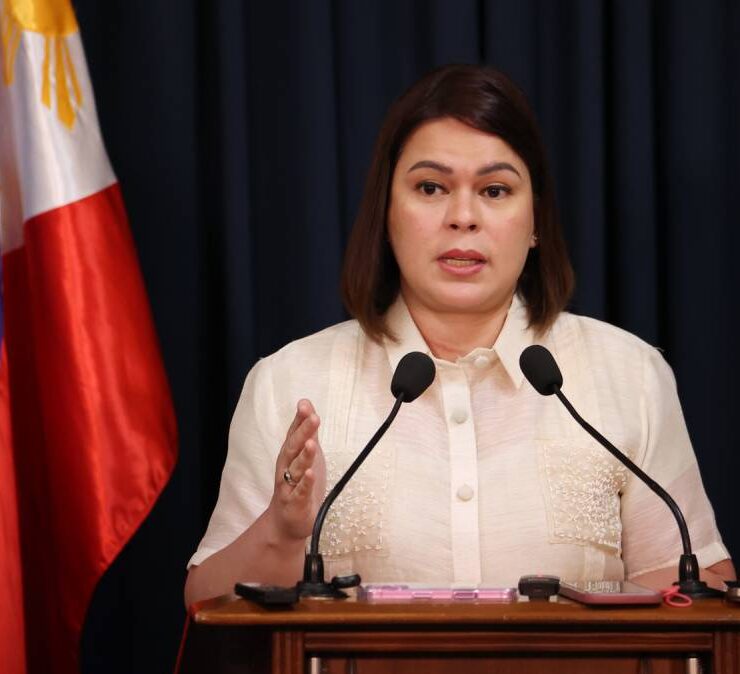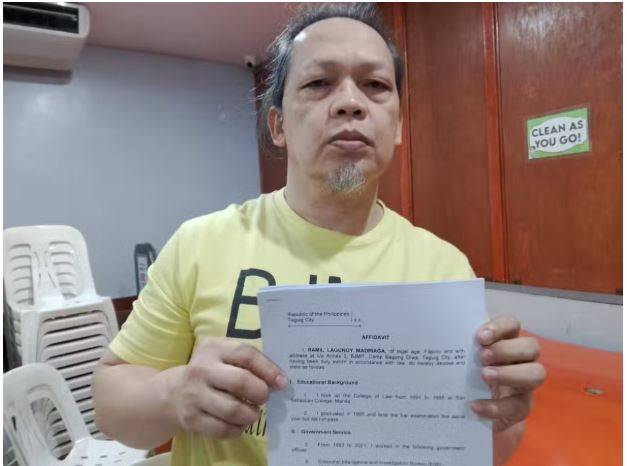Dizon asks DPWH execs to resign amid revamp
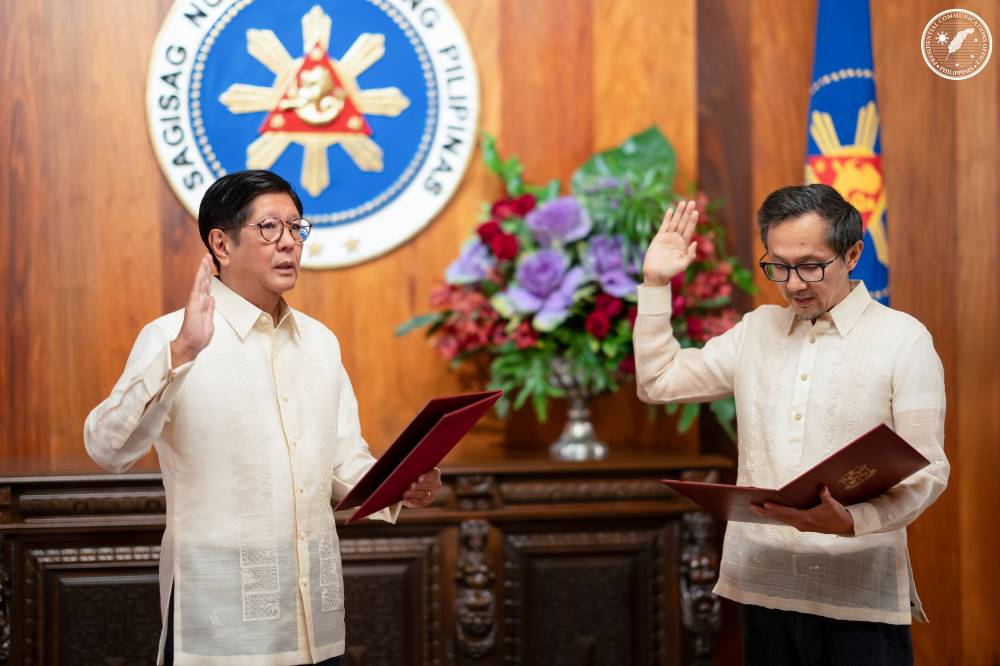
Public Works Secretary Vince Dizon ordered on his first day in office on Monday all officials of the Department of Public Works and Highways (DPWH)—from the top posts in the central office down to the district level—to submit their courtesy resignations.
The directive covers all undersecretaries, assistant secretaries, division heads, regional directors and district engineers nationwide. More than 250 officials of the DPWH will be affected, 197 of them heads of district engineering offices across the country.
“The first directive of the President was to clean up the DPWH. And this is just the start,” Dizon said in a press briefing in Malacañang.
Dizon, who previously served as transportation secretary for six months, said he expected all of the officials to continue their respective tasks while he assesses whether to accept or reject their courtesy resignations.
Dizon replaced Manuel Bonoan, whose resignation was accepted by President Marcos on Sunday due to “command responsibility” after DPWH officials and personnel were linked to alleged corrupt practices in implementing hundreds of billions of pesos worth of flood control projects.
According to Dizon, Mr. Marcos has three major directives to him: a “top-to-bottom” overhaul of officials and personnel of the DPWH; a permanent ban of contractors involved in nonexistent and shoddy projects; and a cleanup of the Philippine Contractors Accreditation Board (PCAB).
Capable employees
After a cleansing of the ranking officials, he said a “thorough review” of all of the nearly 20,000 personnel of the agency would follow.
He noted, however, that “despite the allegations of systemic corruption, I believe that there are still many good and capable employees in the DPWH. The directive of our President is to find them and place them in sensitive and important positions.”
Dizon assured the public that there would be no interruption of services even with the agency-wide revamp being implemented, adding that he estimated the overhaul of the DPWH would take him “within 30 days to a maximum of 60 days.”
Dizon is also meeting with previous DPWH secretaries, among them Jose de Jesus, Rogelio Singson and Sen. Mark Villar, to seek guidance and consult with them.
“I admit, I am somewhat blind in this area. I do not know the system within the DPWH,” he noted.
The DPWH, Dizon admitted, has a “very big problem” in regaining the confidence of the public amid all the revelations of corrupt practices involving the agency’s people, in collusion with lawmakers and contractors.
“The trust of the Filipinos in DPWH is very low. Can we blame them? We cannot. But we just have to start somewhere, and it begins with accountability; it begins with cleansing the organization from within,” he said.
“That will be my top priority—cleansing from within—and then starting to fix what is broken,” he added.
Permanent blacklisting
The President also gave Dizon the authority to impose a “lifetime” blacklisting of contractors found guilty of implementing nonexistent or poor quality flood control projects.
“When we find that a contractor is involved in a ghost or substandard project, there will be no need for any complicated process or investigation, automatically it will be blacklisted for life,” he warned.
Under the DPWH’s current rules, blacklisted contractors are suspended from participating in any public bidding only for a year or two, depending on the offense.
Dizon confirmed that he plans to blacklist the contractors of the “ghost” or substandard projects inspected by Mr. Marcos in Bulacan and Benguet provinces, namely St. Timothy Construction Corp., SYMS Construction Trading, and 3K Rock Engineering.
Asked on how he will address contractors that register under another corporate name to skirt a permanent ban, Dizon said the government should “just have to be more vigilant.”
According to Dizon, he would also seek the help of the private sector to have a long-term solution to the perennial flooding in different parts of the country, including the offer of San Miguel Corp. chair and CEO Ramon Ang to help fix the flooding in Metro Manila.
“This problem has piled up for decades. It requires a massive, unprecedented effort, and the national government cannot handle it alone,” he said.
PCAB revamp
Dizon and Trade Secretary Ma. Cristina Roque also discussed conducting a “sweeping revamp” at PCAB, an agency under the Department of Trade and Industry that issues licenses to construction firms to be able to participate in the bidding for government projects.
Dizon said he would propose to Roque the revocation of PCAB-issued licenses of contractors involved in anomalous flood control projects.
PCAB currently has three officers: Pericles Dakay (president of Dakay Construction and Development Corp.) as chair, and Arthur Escalante (owner of AN Escalante Construction Inc.) and Erni Baggao (owner of EGB Construction Corp.) as members.
Sen. Panfilo Lacson earlier called for an immediate investigation of the possible conflict of interest involving Escalante and Baggao, whose construction firms had secured government contracts while they were serving on the board.
In response, Escalante said the law that created PCAB, Republic Act No. 4566, requires that board members be contractors for at least 10 years and has no explicit provision requiring them to divest from their companies.
PCAB also refuted Lacson’s allegations that the board engaged in an “accreditation-for-sale” scheme.
Meanwhile, the Construction Industry Authority of the Philippines, which supervises PCAB, said its board convened on Aug. 29 to address issues and allegations of irregularities and unethical practices in flood control projects, and in the latter’s contractor licensing system.


